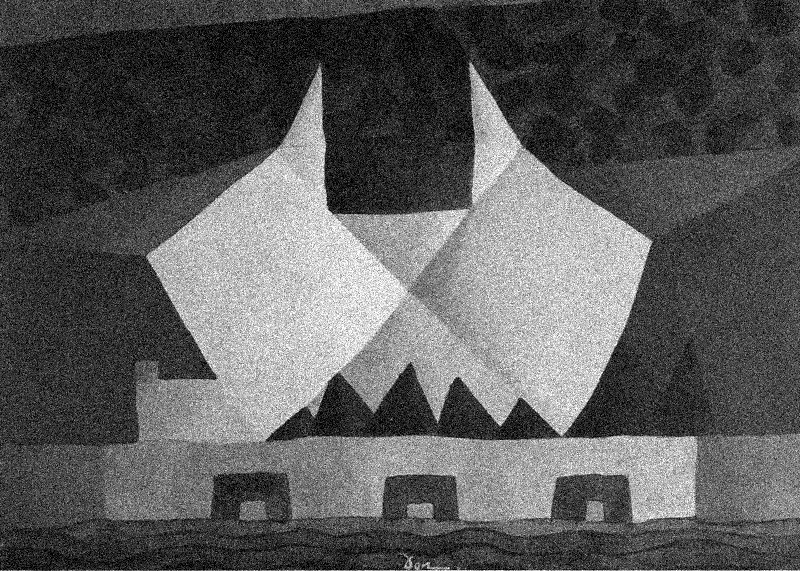version
Well-known member
This is interesting two-fold for me cos... on the one hand I do see a huge lessening of US soft power, over my lifetime the appeal of stuff from the US relative to that from all other countries appears to have lessened palpably. I mean dramatically.
But on the other hand, it was weird, I went on the BLM marches in Lisbon and it was weird to see how they did mirror the US ones so much. Same slogans and stuff, and a lot of it felt odd because it didn't seem totally appropriate. Walking past the police station and shouting all this stuff that specifically referred to certain incidents in the US - I dunno, I felt a little for some fat donut eater being blamed for the death of a guy in another country. It's not that the Portuguese police are beyond reproach, or anything like, it's just that importing US protests lock, stock and barrel wasn't the right way to go about it.

The Triumph of American Idealism
In worldwide Black Lives Matter protests, protestors are fantasizing their participation in America's problems, and in the process ignoring their own.





